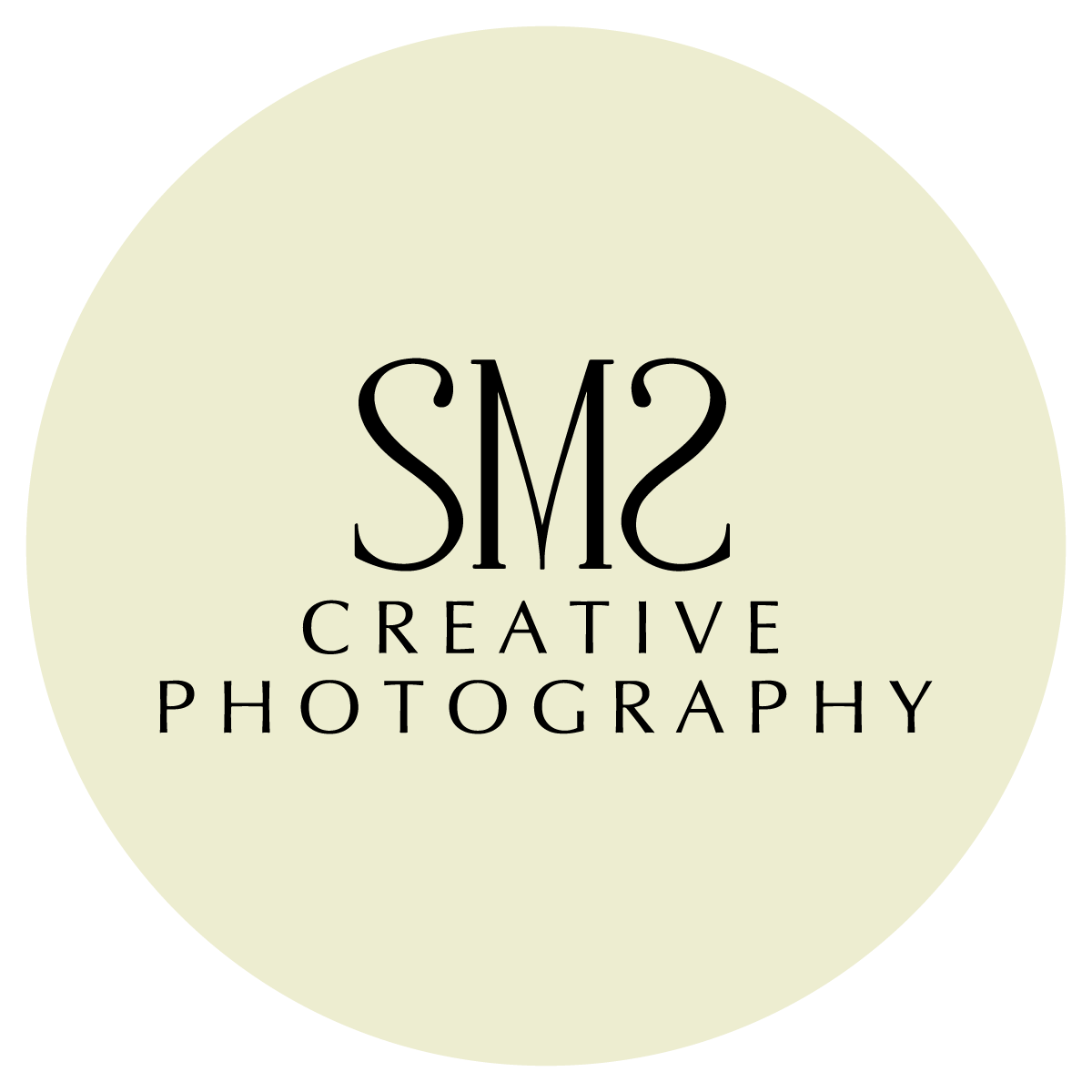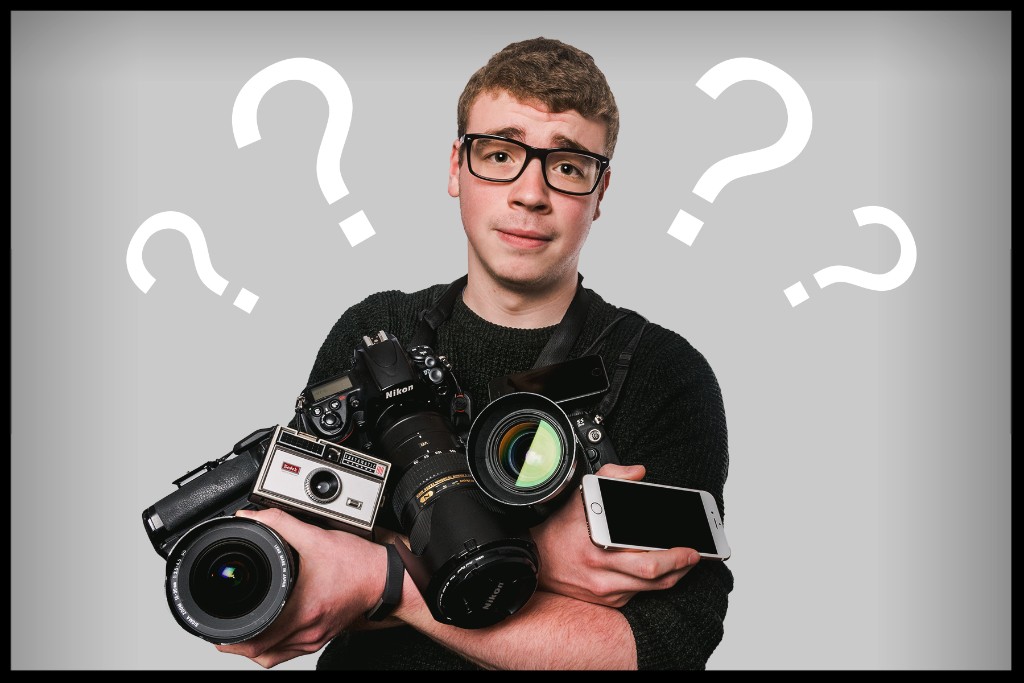I'm frequently asked, "Which camera do you suggest I buy?"
Now, this is a tricky one as there are so many to choose from - compact, DSLR, bridge, film, digital, big, small you name it - it's so confusing! Often cameras are bought on price and are rarely used to their full potential, frequently discarded in frustration and replaced with something more readily available like the smartphone!
Nowadays smartphones are so brilliant and accessible that they have become the camera of choice and for so many understandable reasons, ease of use, convenience, social media sharing and practicality. I love the fact that I can grab a moment and share on Instagram, or send an image to loved ones in an instance, or be on the receiving end of this piece of magnificent technology is nothing but pure genius, creating a feeling of connectedness.
But, and it's a big BUT, what if you want more from your camera and don't want to feel a deep obligation to share for all and sundry to see your world. This is where the humble camera takes pride of place in all its glory, below I've listed a few things to consider before you part with your hard-earned money; like any other purchase I suggest you shop around, these are just a few pointers for any budget and worth researching first.
All recommendations are my own, I'm not sponsored by any brand, enjoy the experience and do what makes you happy :)
So What's On Offer?
Point-and-Shoot and Bridge
Canon, Nikon, Sony, Samsung, Panasonic, Fuji, Olympus
Easy to carry, ideal if you don’t have a big budget to spend on a camera and are not too concerned about the optimum image quality.
Pros:-
The fixed lens has a great range from wide angle to telephoto
No interchangeable lenses to worry about
Easy to use for novices in auto mode
Wide range of easy to use settings
Can take video as well
Most have written tips to help you get the best out of using your camera
Special effects like panoramic feature
Built-in flash
Shoot in live view
Bridge cameras have viewfinders and are a good transition to DSLR
Pocket size
Cons:-
No viewfinder (except with Bridge cameras) and hard to see image on the back of the camera in bright sunlight
Can be too small to handle and fiddly to use the buttons (Bridge cameras are larger than point-and-shoot)
Not easy to use in manual control
Sound and image on video can be poor
Not good in low lighting conditions
No option to use a flashlight accessory
DSLR
Nikon, Canon, Fuji, Samsung, Panasonic
Digital Single Lens Reflex means the subject is viewed via a mirror through the viewfinder to the lens - ideal if you want to control the camera in manual mode to achieve optimum results. A bigger budget is needed to get one of these, ideal for the serious photographer who cares about quality, results, and wants to learn to progress.
Pros:-
Superior image quality
Can be used in manual mode with complete control over settings
Wide selection of interchangeable lenses
Large image sensor for optimum quality
Ideal for shooting in low lighting conditions
Option to assign programmable functions to buttons
Higher resale value than point and shoots
The body can be purchased separately to the lens
Full frame 35mm image sensor on professional options
Cropped sensor will give the lens 50% more distance on the focal length
Written information viewed on screen of camera to help you understand the controls and settings
Cons:-
Big and bulky and a variety of lenses will fill your camera bag
Lots to learn because of the vast options to control the end result
Steep learning curve
There are no special effect options in camera
Cropped sensor will give the lens 50% more distance on the focal length (potential disadvantage if shooting wide-angle)
EVIL or Mirrorless
Fuji, Sony, Olympus
Electronic Viewfinder with Interchangeable Lenses
These cameras are sometimes used by professionals as an easy to use option when the occasion arises and in addition to DSLR's.
Mirrorless interchangeable-lens cameras (MILC)
Or Compact Systems Camera (CSCs)
A reasonable price range between a point and shoot and DSLR
Pros:-
Provides excellent image quality on par with entry level DSLR
Portable
Better manual controls
Easy to use and understand controls
Shoot in live view
Interchangeable lenses
Good in low lighting
Good for beginners to learn to progress to DSLR
Good video results
Panoramic special effects
Reasonable resale value
Cons:-
No proper viewfinder
Limited lens selection using adaptors means loss of automatic use
Can sometimes work out more expensive than DSLR’s once you add on the accessories like flashes and viewfinders
Not pocket size
I hope this has helped to choose your next, or the first camera, please feel free to share with anyone who asks the question, "Which camera do you suggest I buy?"
Enjoy!
with love
Stella
and the SMS Creative Photography Family


